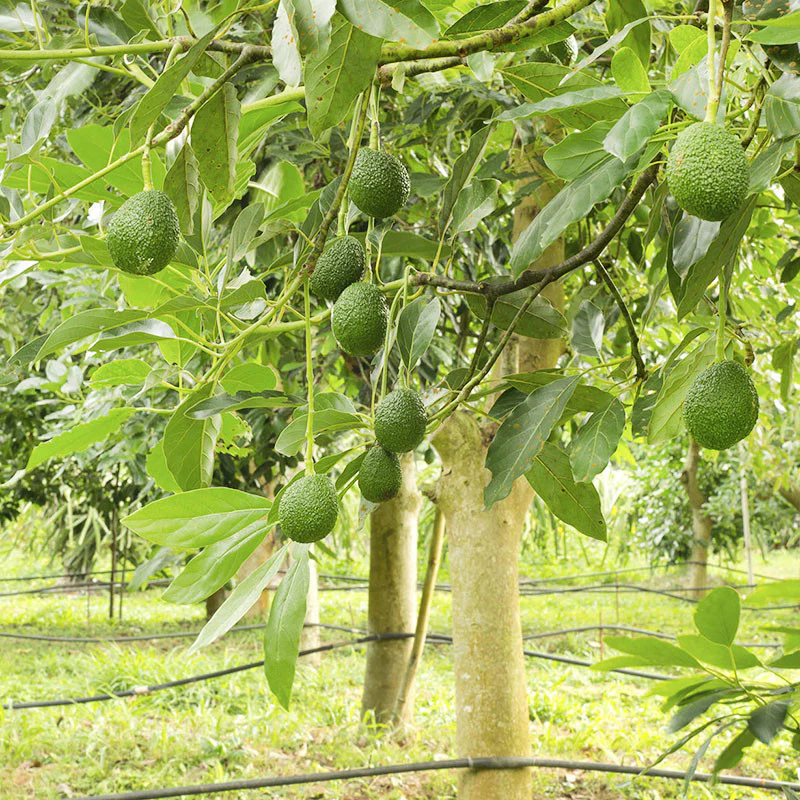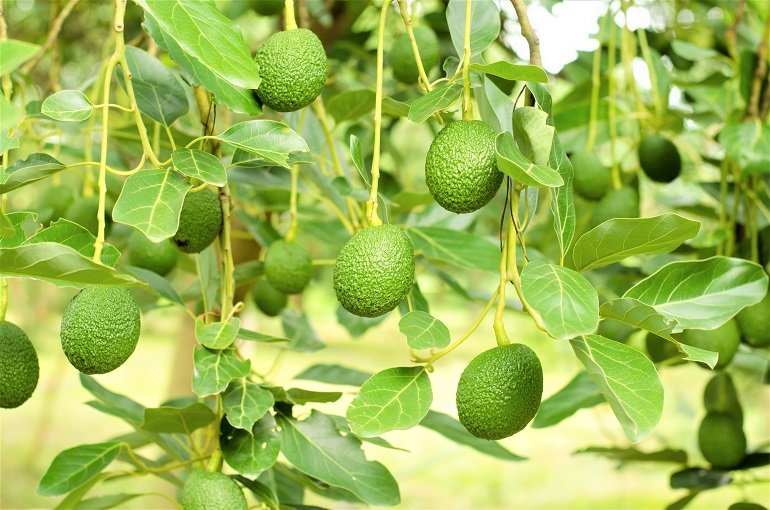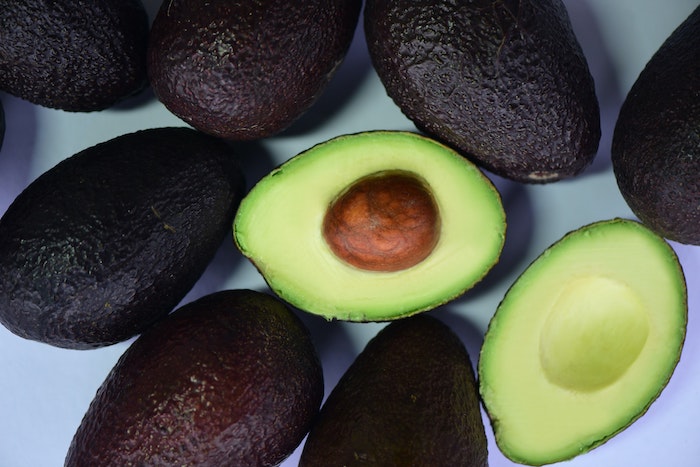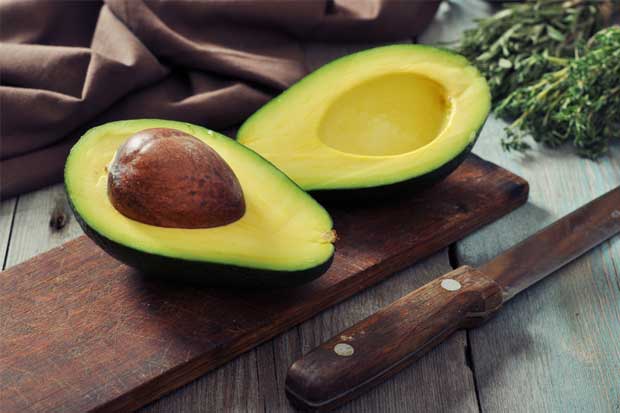The avocado, often dubbed the “butter fruit” or “green gold,” has become one of the most sought-after fruits in global markets. Its rich, creamy texture and impressive health benefits have earned it a permanent place in kitchens, restaurants, and smoothie bars worldwide. While many countries cultivate avocados, one nation stands out as the undisputed leader in avocado production and international fame. So, which country is famous for producing the most avocados? Let’s dive into the fascinating world of avocado cultivation and uncover the answer.
Introduction to Avocados

Avocados (Persea americana) are native to Central and South America, with a history of cultivation dating back more than 5,000 years. Botanically, avocados belong to the Lauraceae family, which includes bay laurel and cinnamon.
What makes avocados special is their high content of heart-healthy monounsaturated fats, fiber, potassium, and vitamins like B, E, and K. They’re versatile, consumed raw in salads, guacamole, sushi, and sandwiches or blended into smoothies and desserts.
The global demand for avocados has skyrocketed over the past two decades, transforming this once regional fruit into an international phenomenon.
Global Avocado Production Overview

Today, avocados are cultivated in more than 60 countries, especially those with tropical and subtropical climates. The main producing regions include:
- Mexico
- Colombia
- Peru
- Indonesia
- Dominican Republic
- Kenya
- United States (California and Florida)
Among these, one country has achieved global dominance in both production volume and export trade.
Which Country Is Famous for Producing the Most Avocados?

According to the Food and Agriculture Organization (FAO) and global agricultural reports, Mexico is famous for producing the most avocados in the world.
Mexico’s Avocado Production Highlights
- Annual Production: Over 2.5 million metric tons
- Global Market Share: Accounts for approximately 30-35% of total world production
- Major Growing Region: Michoacán state, which produces about 80% of Mexico’s avocados
- Notable Fact: Known as the “Avocado Capital of the World”
Mexico’s leadership in the avocado industry isn’t just due to favorable climatic conditions but also centuries of cultural integration, perfected farming techniques, and robust export infrastructure.
Why Is Mexico Famous for Avocado Production?
Several reasons explain Mexico’s global fame and dominance in avocado production:
Ideal Climate and Soil
The Michoacán region provides a year-round growing season thanks to its volcanic soil, abundant rainfall, and moderate subtropical climate. Avocados thrive at altitudes between 1,200 and 2,500 meters, and Mexico’s geography offers these conditions naturally.
Centuries of Tradition
Mexico has cultivated avocados since pre-Columbian times. The word “avocado” itself comes from the Aztec word “ahuacatl.” This deep-rooted history has ensured traditional knowledge is passed through generations.
World-Class Export Infrastructure
Mexico has invested heavily in international trade agreements, post-harvest facilities, cold storage, and transport networks, allowing it to export large volumes of fresh avocados to North America, Europe, Asia, and the Middle East.
Unmatched Year-Round Harvest
Unlike other avocado-producing nations, Mexico is the only country that can produce avocados year-round. This gives it a unique advantage in meeting global market demand consistently.
Massive Domestic and International Demand
Avocados are a staple in Mexican cuisine, used in guacamole, tacos, salads, soups, and sandwiches. Coupled with growing international demand, this ensures steady cultivation and market expansion.
Other Leading Avocado Producing Countries

While Mexico dominates, several other countries contribute significantly to the global avocado supply:
2. Colombia
- Annual Production: Approximately 980,000 metric tons
- Key Growing Regions: Antioquia, Tolima
- Notable Fact: Rapidly emerging as a top producer with increasing exports to Europe.
3. Peru
- Annual Production: Around 800,000 metric tons
- Key Regions: La Libertad, Lambayeque
- Notable Fact: Major supplier of Hass avocados to the U.S., Europe, and China.
4. Indonesia
- Annual Production: About 640,000 metric tons
- Key Regions: Java, Sumatra
- Notable Fact: High domestic consumption with limited exports.
5. Dominican Republic
- Annual Production: Approximately 450,000 metric tons
- Key Regions: Espaillat, La Vega
- Notable Fact: One of the largest exporters to the U.S. after Mexico.
6. Kenya
- Annual Production: Around 350,000 metric tons
- Key Regions: Murang’a, Kiambu
- Notable Fact: Fast-growing avocado exporter, especially to the Middle East and Europe.
Most Popular Avocado Varieties

Among the numerous avocado cultivars grown worldwide, a few dominate global markets:
- Hass: The most famous and commercially valuable variety. Known for its pebbly skin, rich taste, and excellent shelf life.
- Fuerte: Smooth-skinned, pear-shaped avocado with creamy flesh.
- Bacon: Milder flavor with a thin, easy-to-peel skin.
- Pinkerton: Long, pear-shaped, with a small seed and rich taste.
Hass avocados account for over 80% of global trade, with Mexico being the top producer.
Health Benefits of Avocados
Avocados are celebrated as a superfood for their impressive nutritional profile:
- Rich in Monounsaturated Fats: Supports heart health by reducing bad cholesterol.
- High in Fiber: Aids digestion and weight management.
- Loaded with Potassium: Helps regulate blood pressure.
- Source of Vitamins C, E, K, and B6: Supports immunity, bone health, and skin vitality.
- Packed with Antioxidants: Protects against inflammation and cellular damage.
These health benefits have driven avocado consumption globally, especially in health-conscious markets like the U.S., Europe, and Japan.
Challenges in Avocado Production
Despite its popularity, avocado farming faces several challenges:
- Environmental Concerns: Large-scale avocado farming contributes to deforestation, especially in Mexico’s protected forest areas.
- Water Usage: Avocado trees require significant water resources — approximately 70 liters per tree per day in dry seasons.
- Pest and Disease Risks: Fungal diseases and root rot can affect productivity.
- Market Volatility: Price fluctuations due to seasonality and export restrictions.
Efforts are underway to develop sustainable farming practices and certifications like Fair Trade and Rainforest Alliance to address these issues.
The Future of Avocado Production
The global avocado market is expected to grow steadily due to:
- Rising health awareness
- Increasing demand in emerging markets like China and India
- Expanded production in countries like Kenya, Colombia, and Peru
- Innovation in supply chain and storage technology
However, environmental sustainability will remain a priority for producers, especially in regions like Mexico.
Conclusion
Mexico is undoubtedly the most famous and largest avocado producer in the world, contributing over 2.5 million metric tons annually and satisfying both its massive domestic demand and an ever-growing international appetite for avocados.
Thanks to its unique climate, centuries-old cultivation traditions, efficient export infrastructure, and year-round production capacity, Mexico has earned the well-deserved title of “Avocado Capital of the World.” While countries like Colombia, Peru, and Kenya are gaining ground, none have matched Mexico’s scale and reputation.
As avocados continue to rise in global popularity as a health food and culinary staple, Mexico’s leadership position seems secure for the foreseeable future, making it not just a major producer but a cultural and agricultural ambassador for this beloved superfruit.






Leave A Comment